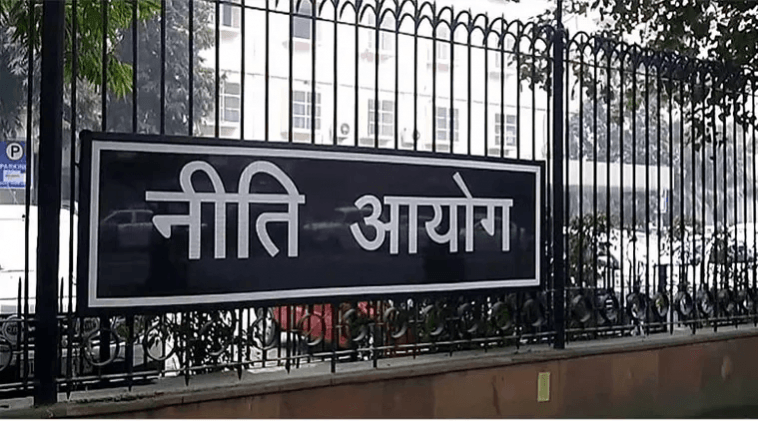
NITI Aayog, unveiled a comprehensive report on September 11, outlining a strategic plan for future pandemic preparedness. This report, titled 'Future Pandemic Preparedness and Emergency Response - A Framework for Action', is a testament to the government's commitment to learning from the past and preparing for the future. The Covid-19 pandemic, a global health crisis of unprecedented scale, has claimed over seven million lives worldwide, with India alone accounting for more than half a million fatalities. In the wake of this catastrophe, the World Health Organisation (WHO) has issued a stern warning about the likelihood of similar health threats in the future. According to the WHO, 75% of these potential threats are likely to be zoonotic, originating from emerging, re-emerging, and new pathogens.
The report by NITI Aayog is a response to this looming threat. It provides a detailed blueprint for the country to prepare for any future public health emergency or pandemic, ensuring a rapid response system is in place. The action plan outlines a 100-day response to any outbreak or pandemic, a strategy that is both proactive and reactive. The report is not just a theoretical document; it is a practical guide that outlines the steps on how an outbreak can be tracked, tested, treated, and managed through a well-developed framework. It is a roadmap for preparedness and implementation, a guide to navigating the complex landscape of a public health crisis.

The creation of this report was a collaborative effort, involving consultations with over 60 experts and stakeholders. It includes an analysis of how Covid-19 was managed at both national and global levels, drawing on best practices and key learnings from success stories and challenges faced. The report also identifies the key gaps that need to be addressed to prepare and respond more efficiently and effectively in any future public health crisis. The report's scope is comprehensive, ranging from examining the lessons learned and challenges faced during the Covid-19 pandemic to recommendations and a roadmap for governance and management of public health emergencies in the future.
The release of this report is reminiscent of the Spanish Flu pandemic of 1918, which led to significant changes in public health policies worldwide. The Spanish Flu, like Covid-19, was a global health crisis that exposed the weaknesses in public health systems. In response to the crisis, many countries, including India, implemented new public health policies and measures to prevent future pandemics. The NITI Aayog's report is a continuation of this historical trend, a proactive measure to prepare for future health threats.

















